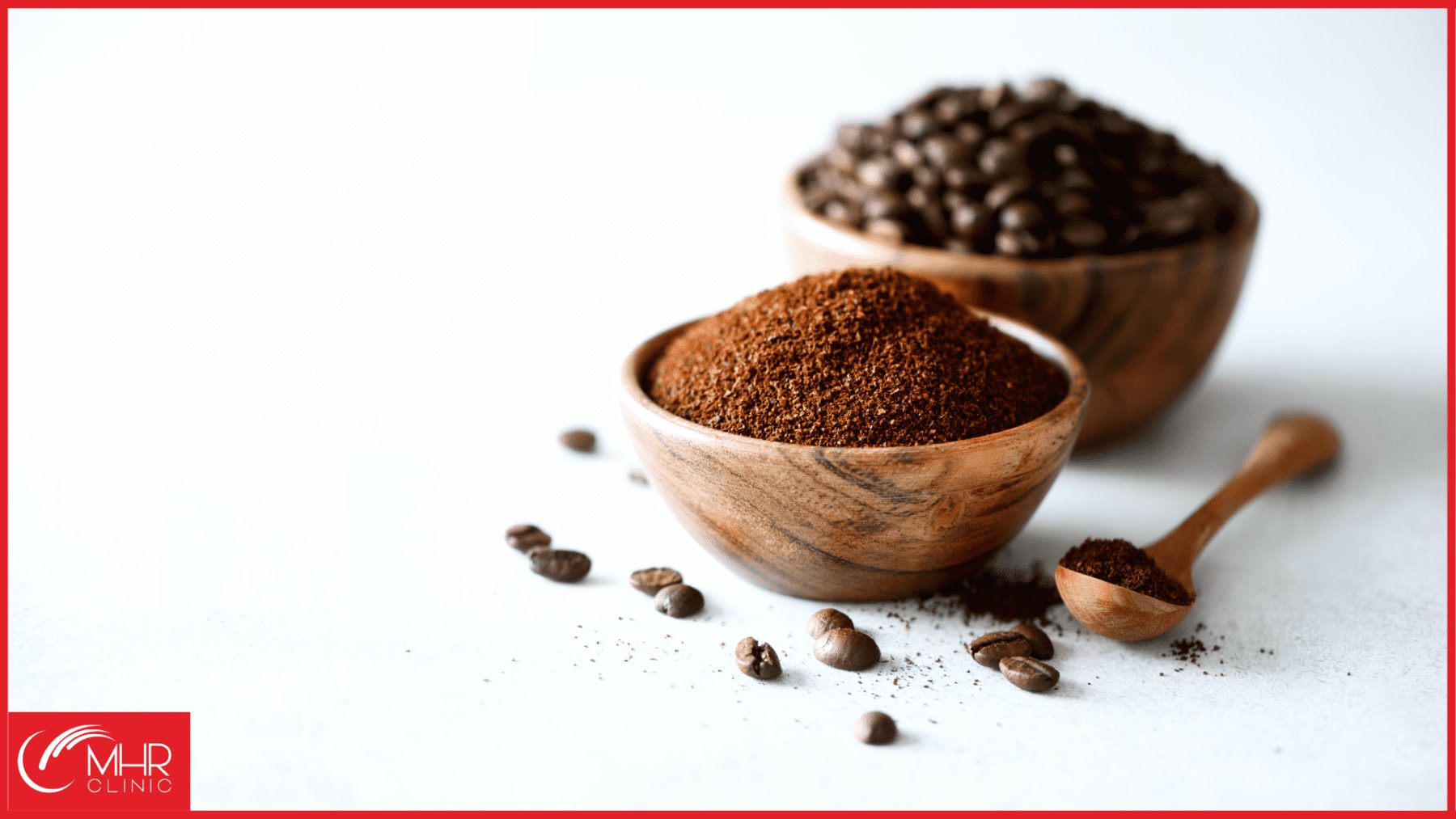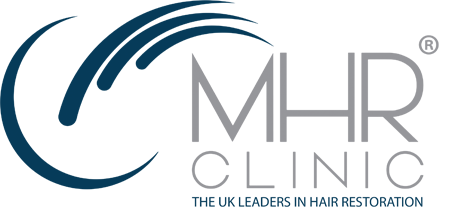
The negatives of using Caffeine topically for hair loss.
Hair loss is a widespread issue affecting millions, and with social media buzzing about solutions, caffeine has become a popular suggestion. Beauty bloggers often promote caffeine-infused products as a miracle fix for thinning hair. While caffeine offers some benefits, applying it topically may not be as effective as social media claims. Let’s explore the potential negatives of using caffeine topically for hair loss and why it may not be the miracle it’s made out to be.
Caffeine and Hair Loss: The Theory
Caffeine is a natural stimulant found in coffee, tea, and energy drinks, and it has gained attention in hair and skincare due to potential benefits. It is thought to stimulate hair follicles and improve scalp blood flow, possibly supporting hair growth. Caffeine is also believed to block the effects of DHT (dihydrotestosterone), a hormone linked to hair loss. Despite these promising theories, the reality of its effectiveness when used topically is more complex.
Limited Absorption Through the Scalp
A key issue with using caffeine topically is its limited absorption through the skin. Caffeine molecules are relatively large, making it difficult for them to penetrate the scalp’s layers deeply enough to reach the hair follicles. For caffeine to block DHT effectively or stimulate growth, it needs to reach the follicles in significant concentrations, which topical application doesn’t always allow.
While studies indicate caffeine can penetrate the skin, the extent of absorption varies based on the product formulation, scalp condition, and application time. Even with the best formulations, caffeine may not consistently reach hair follicles. When caffeine is ingested, it circulates throughout the body, potentially reaching the scalp more naturally, although this also doesn’t guarantee it will directly impact hair follicles.
Lack of Strong Scientific Evidence
Despite caffeine’s popularity as a topical treatment, scientific evidence backing its efficacy remains limited. While a few small studies have shown caffeine may have some positive effect on hair growth, these findings are not conclusive. Some research suggests that caffeine might prolong the hair’s growth phase (anagen phase), but these effects are observed under controlled lab conditions, which don’t fully replicate real-life use.
Without large-scale, rigorous studies, the evidence remains insufficient to recommend caffeine as a standalone treatment for hair loss. Hair loss is influenced by complex genetic, hormonal, and environmental factors, so caffeine alone is unlikely to be a comprehensive solution.
Potential for Skin Irritation and Sensitivity
Topical caffeine can cause skin irritation, especially for those with sensitive scalps. Some people report itching, redness, or rashes when applying caffeine-based products. As a stimulant, caffeine can increase scalp sensitivity, particularly if used in high concentrations or combined with other strong ingredients.
Many caffeine products also use alcohol or other carriers to aid absorption, which can further irritate the scalp. For individuals with existing conditions like eczema or dermatitis, caffeine-based products might worsen symptoms, possibly leading to increased hair loss rather than improvement.
Limited Effectiveness for Severe Hair Loss
While caffeine may offer slight benefits for hair health, it’s unlikely to have a noticeable impact for those with moderate to severe hair loss. Genetic and hormonal conditions like androgenetic alopecia require more targeted treatments, such as minoxidil, finasteride, or, in severe cases, hair transplant surgery. Because caffeine does not address these underlying causes, it is unlikely to provide significant results on its own.
For those with advanced hair loss, relying solely on caffeine may delay more effective treatments, leading to further hair thinning. Consulting with a dermatologist or trichologist for a targeted treatment plan is essential for anyone facing severe hair loss.
Misleading Marketing and Unrealistic Expectations
Another drawback of caffeine-based products is the marketing hype. Social media influencers and brands often focus on caffeine’s supposed hair-stimulating properties without providing a balanced view of its limitations. This creates unrealistic expectations for those struggling with hair loss, who may believe caffeine alone can reverse hair thinning.
While caffeine may temporarily improve scalp circulation or create a slight volumising effect, it’s unlikely to produce significant regrowth or a long-term solution. Many caffeine products fail to clarify that their effects may be mild, leaving consumers disappointed when results don’t match expectations.
Alternatives for Hair Loss Treatment
For those looking to address hair loss more effectively, there are options better supported by evidence. Clinically-backed treatments like minoxidil and finasteride have shown consistent results and are generally recommended for their proven efficacy. For those who prefer natural remedies, alternatives such as rosemary oil, biotin, or pumpkin seed oil have longer-standing records and offer additional benefits, like anti-inflammatory properties, that support overall scalp health.
Conclusion
While caffeine has gained popularity in hair care, the negatives of using caffeine topically for hair loss shouldn’t be overlooked. Limited absorption, a lack of strong scientific backing, potential skin irritation, and limited effectiveness for severe hair loss all suggest that caffeine might not be the miracle solution it’s often portrayed as.
For those experiencing significant hair loss, consulting with a healthcare professional or trichologist is a more reliable approach. Effective treatment requires addressing underlying causes and choosing solutions backed by research and clinical experience. While caffeine may have a place in some hair routines, it’s unlikely to be the sole answer for hair loss that many hope it to be.
